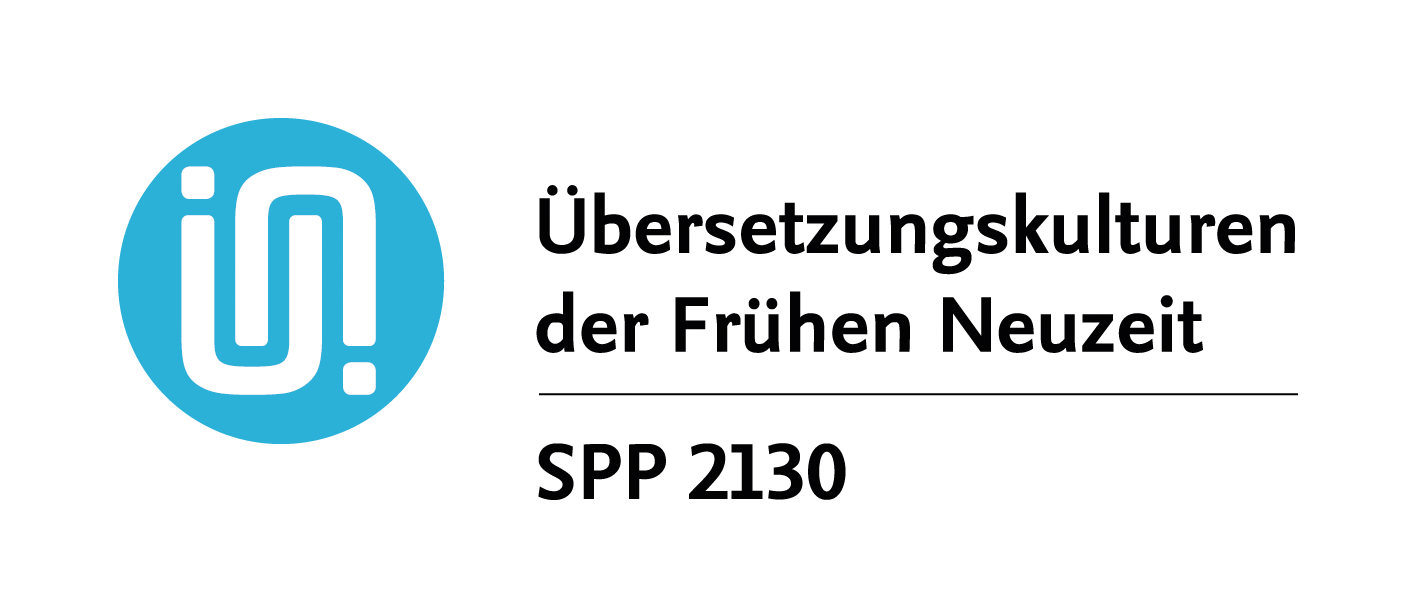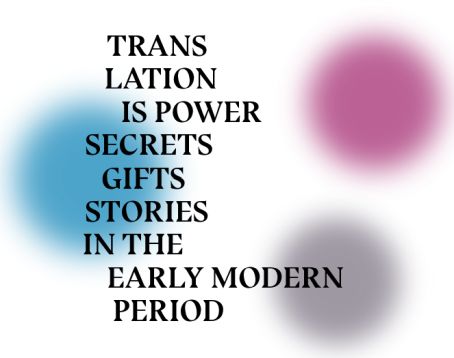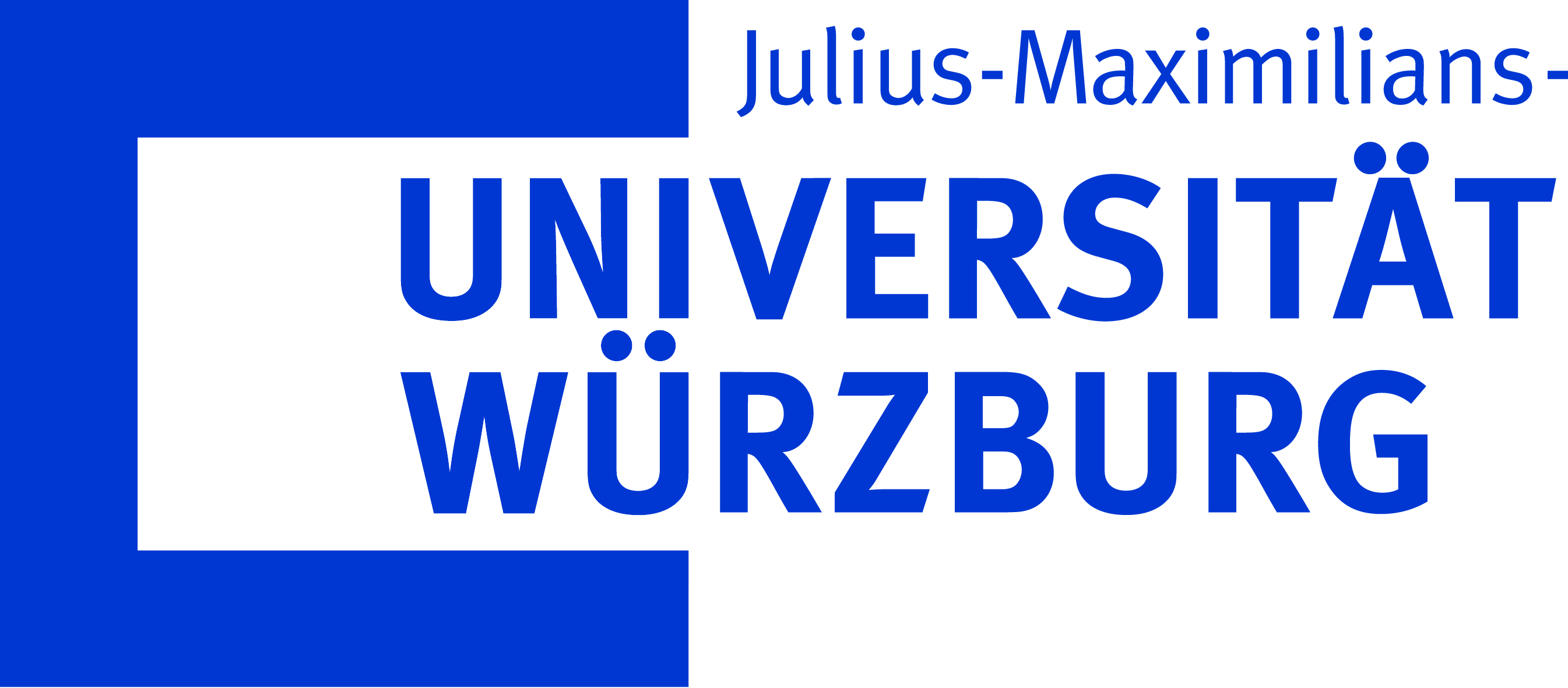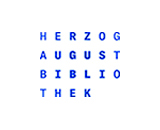Programme
Programme
The European translation cultures are strongly rooted in the philological self-conception of the Humanists. These cultures developed hand in hand with book printing and, in the context of increasing internationalisation, branched out from the reception of ancient literature to other fields of knowledge. Linguistic, literary and medial translation movements are mutually dependent and, in their state of constant reciprocity, develop a cultural dynamic. Growing trade relations led to the intensification and professionalisation of translation all over Europe. Spurred by Europe’s exponentiated multilingualism and territoriality, this development resonated worldwide by way of the mutual colonial influences of the Early Modern period. In the process, it interacted with translation cultures elsewhere, in turn causing reactions and sparking new developments all over Europe.
One of the programme’s overarching aims is to examine the different cultures of translation from the point of view of internationalisation and globalisation. In other words, the research programme transcends the bounds of both the pivotal research field of the translation of ancient literature and the intra-European transfer processes that contribute increasingly to shaping science, politics and commerce. It thus deliberately risks confronting the modern European conception of the Early Modern epoch with alternative translation cultures worldwide as a way of gaining heuristic impulses for reflection on the concept of epoch in the historiography of science, culture and literature.
In interplay with established concepts of research on early modern times – and at the same time as an alternative to those concepts – the SPP 2130 pursues an approach that views translation as a cultural practice. In accordance with the programme’s interdisciplinary structure, it is important to distinguish between different conceptions of translation. Whereas in the linguistic, literature and translation sciences the term ‘translation’ is usually used in a narrow sense and limited primarily to interlingual phenomena, in historical and cultural studies it is defined more broadly and applied to all manners of cross-cultural, medial and material processes.
The SPP 2130 therefore bases its work on a definition of translation drawing from various translation theories and offering a viable basis for the linguistic, literary, pictorial, musical, cultural and historical sciences:
A translation is the conveyance of a linguistic communication / of meaningful signs from a (source) culture A to a (target) culture Z with the goal of reaching new recipients and communicating across linguistic, spatial, temporal, cultural and/or medial boundaries.
Key aspects of the translation cultures of early modern times are to be systematically investigated in three sections. The first section, “Sign Systems and Medial Transformations”, is devoted to the relationships between translation and linguistic reflection, translation theory, the history of semiotics and the history of media. The second section, “Anthropology and Knowledge”, investigates the images of human being and gender, power structures, social structures and epistemic orders negotiated by the process of translation. Section three, entitled “Cultural Affiliations and Society”, focusses on inter- and transcultural translation phenomena arising from (spatial) boundary-crossing and, in many cases, performatively produced cultural contacts.
Interdisciplinary exchange and collaboration within the SPP 2130 network will be manifest in project groups (TransUnits) on the level of the research assistants and guaranteed by regular exchange between all participants at the various gatherings.




